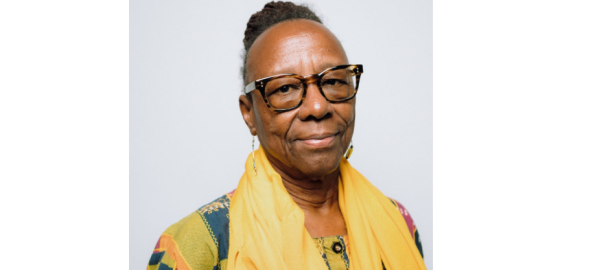
Protecting Children Online
After 40 years of organizing in communities across this city and country, we can spot the difference between real policy solutions and band-aid approaches that don’t actually address the root problems. We know that real change comes from giving people practical tools they can use, not surface-level approaches that look good on paper. When it comes to keeping kids safe, we need something sturdy: solutions that actually work in the real world meeting families where they are.
That’s why we are speaking out about digital safety for our children, because this issue is too important for political theater. Our kids need real protection online and we’re not going to get that by making navigating digital spaces more complex for parents.
New York Attorney General Letitia James recently announced new draft rules for the SAFE for Kids rulemaking that would force every individual platform to create its own age verification system. While well-intentioned, this patchwork solution isn’t any better—it creates a confusing maze of different requirements that will be harder for parents to navigate and puts our children’s private information at risk by requiring them to verify their age separately with countless different apps and websites.
If we’re serious about protecting children online, we need to focus on efforts that actually follow principles that protect families, like keeping data private, creating equal expectations for all platforms, and being easy for parents to use.
One piece of legislation Congress should consider is the App Store Accountability Act, a federal bill that would actually empower parents to guide their children’s digital experiences. This legislation has users verify their age at the app store level, so teens don’t have to share specific personal data with every individual platform they want to use. From there, parents get notified when their teen wants to download something and can say yes or no based on their family’s needs.
This approach to online safety respects both parents and young people. Once a parent approves an app, their teenager can use it privately. It gives parents basic awareness of which digital spaces their children are entering, the same way they’d want to know about physical spaces their kids spend time in.
From our work at The Black Institute and decades of community organizing, we know how important it is for solutions to work equitably and accessibly across communities of color. The App Store Accountability Act does exactly that. It loops parents into the conversation and makes sure no kids can slip through the cracks. Instead of New York’s confusing patchwork of different rules for different apps, a federal solution creates one clear, consistent standard that works for every family.
In our 15 years of advocacy, we’ve met a lot of legislators pushing for their agendas, and we’ve learned to ask one simple question: does this policy actually make life better for the people who need help most, or does it just create the appearance of action? Adding momentary warning labels when you open social media apps and forcing families to navigate dozens of different age verification systems fail that test completely. They create the illusion of action while doing nothing to actually help families navigate a confusing digital world.
The App Store Accountability Act passes that test. It gives parents practical tools they can actually use to stay involved in their children’s digital lives. It works for families regardless of their income, technical knowledge, or background. And it preserves young people’s access to the educational and social resources they need while ensuring their parents can guide those choices appropriately.
New Yorkers fight for real change, not symbolic gestures. We’re calling on our congressional delegation to support the App Store Accountability Act. That’s how we actually protect our children—not with labels they’ll ignore or complicated app-by-app systems that put their data at risk, but with tools their parents can use.
Bertha Lewis is the founder and president of The Black Institute, an action tank whose mission is to shape intellectual discourse and dialogue from a Black perspective.

